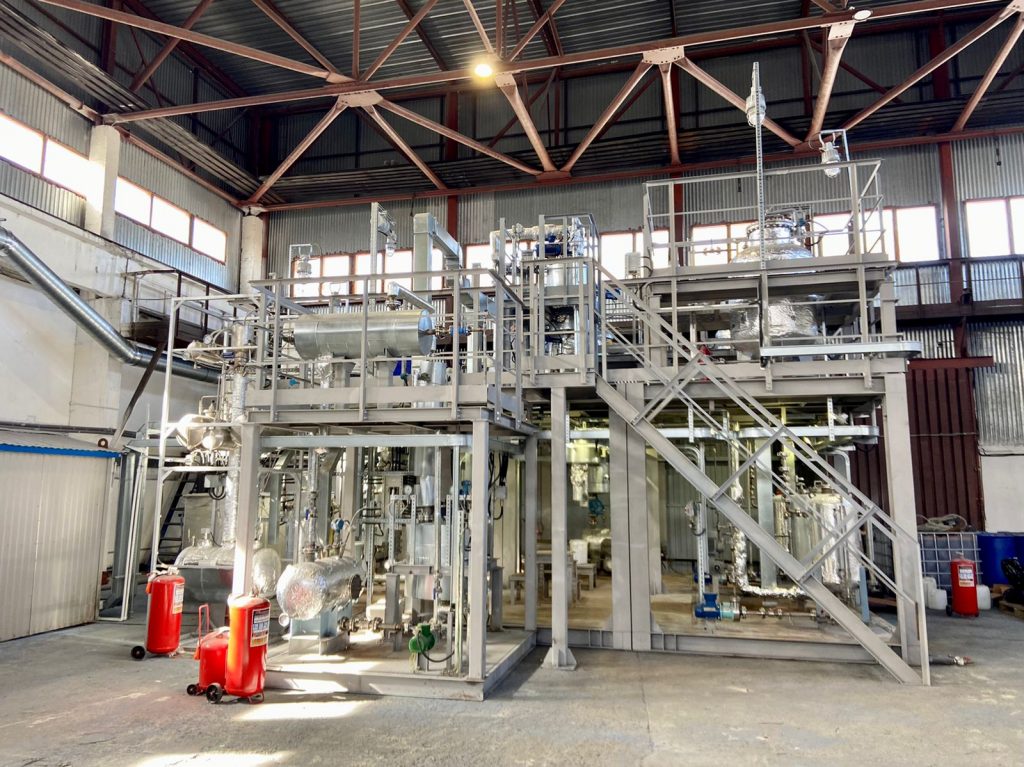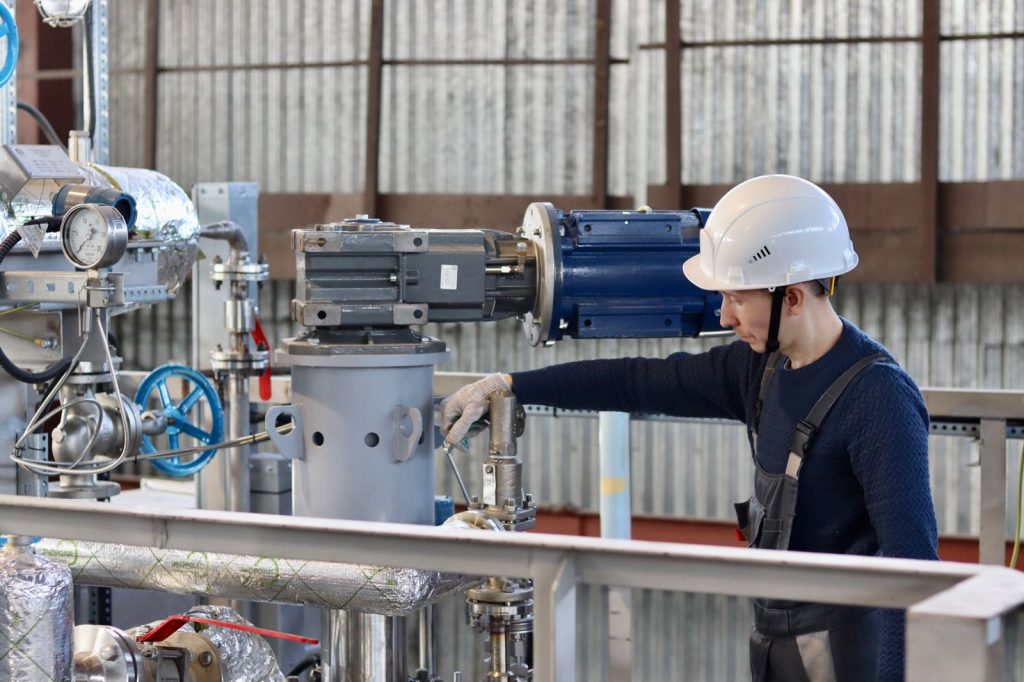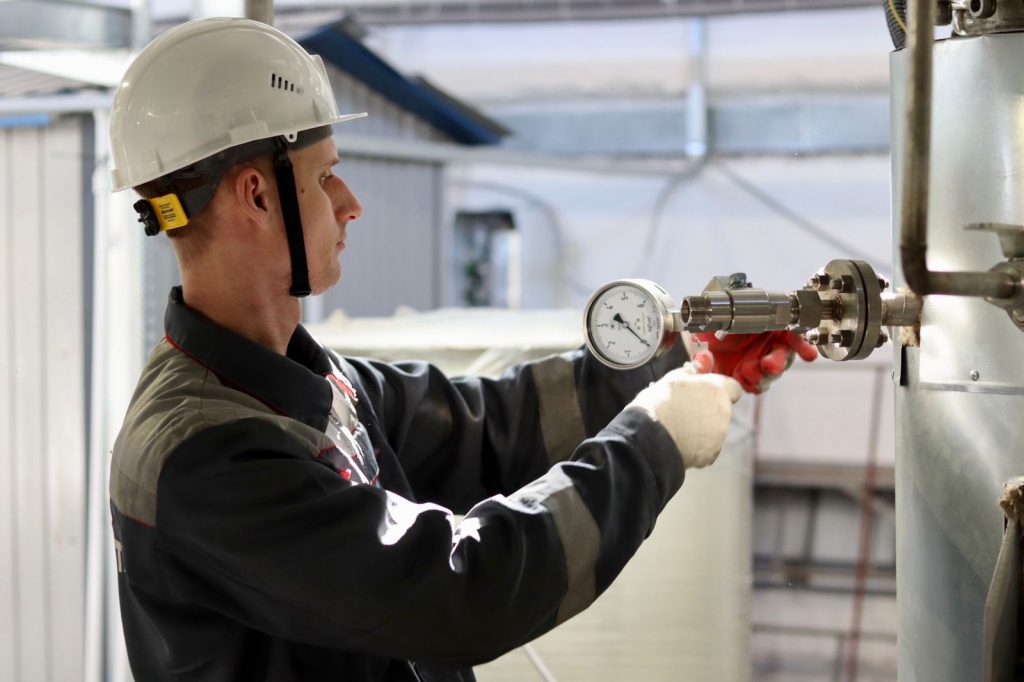Kazan University offers first ever technology of polyphenylene sulfide production in Russia



The project partners are Department of Organic and Medical Chemistry of KFU, Inzhekhim Engineering Production Center, and Akhmadullin Research and Technology Center.
“Polyphenylene sulfide is produced in Japan, South Korea, United States, and China. We were tasked with creating a technology to produce this material in Russia. PPS is a strategic material for composite production,” shares Professor Igor Antipin. “Due to its fluidity and fast crystallization, PPS can be used to form thin-walled products of varied complex structure. For instance, PPS-made plastic stop valves is 3 to 5 time lighter than metallic ones, and they have higher corrosion resistance, which prolongs the life cycles of valves, gate valves and ball plugs 3 to 4 times.”
During 2020 and 2021, the collaborators worked on technologies the parent monomer (paradichlorobenzene) and PPS from homemade materials and successfully produced test quantities of the compound at Khimgrad Technology Park in Kazan. The project was funded by the Ministry of Industry and Trade of Russia.
As one of the results, KFU decided to open a new laboratory of synthetic polymer materials and composites. Among other collaborations, it will be part of a local cluster of superstructural materials in Tatarstan.

